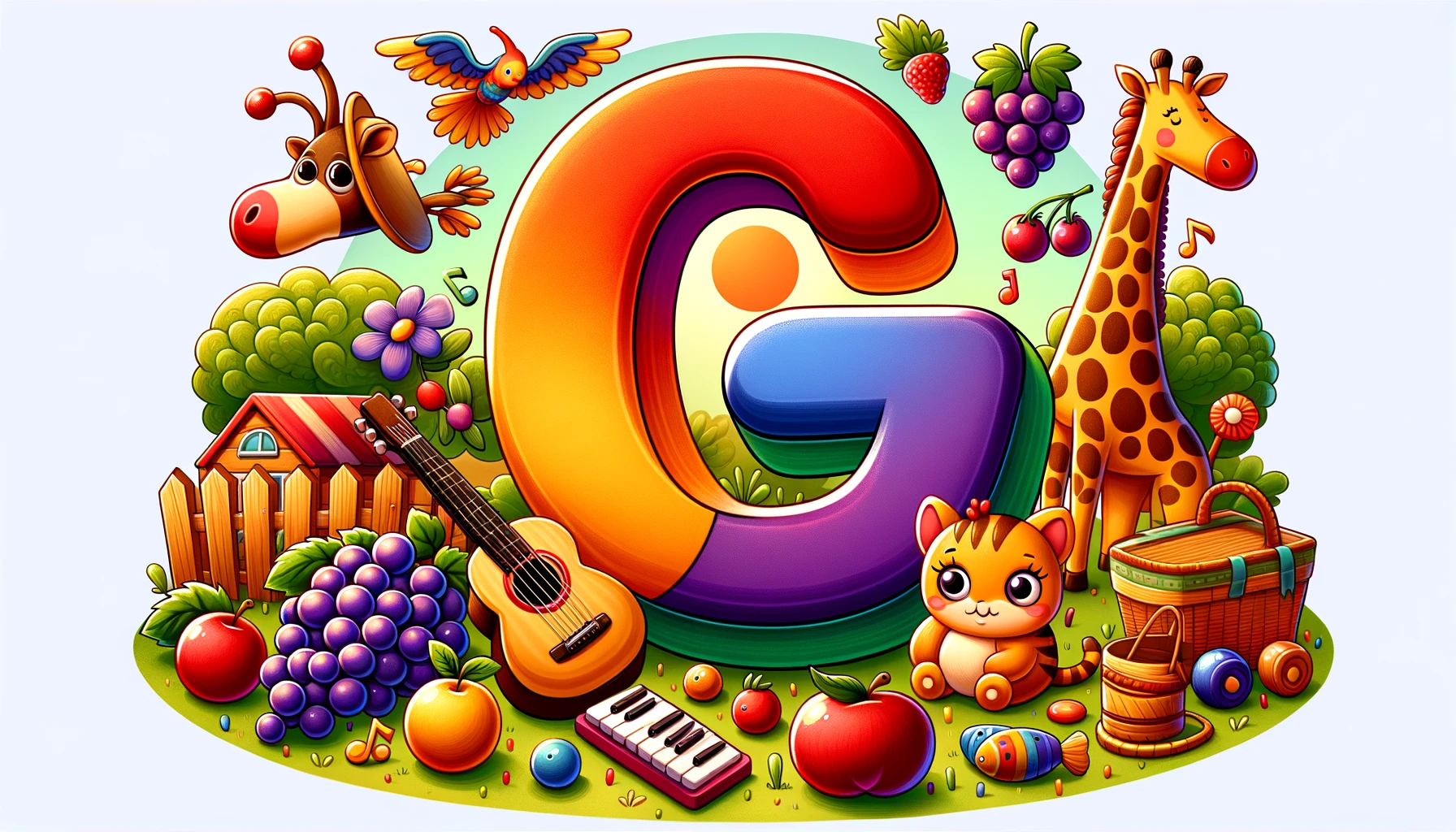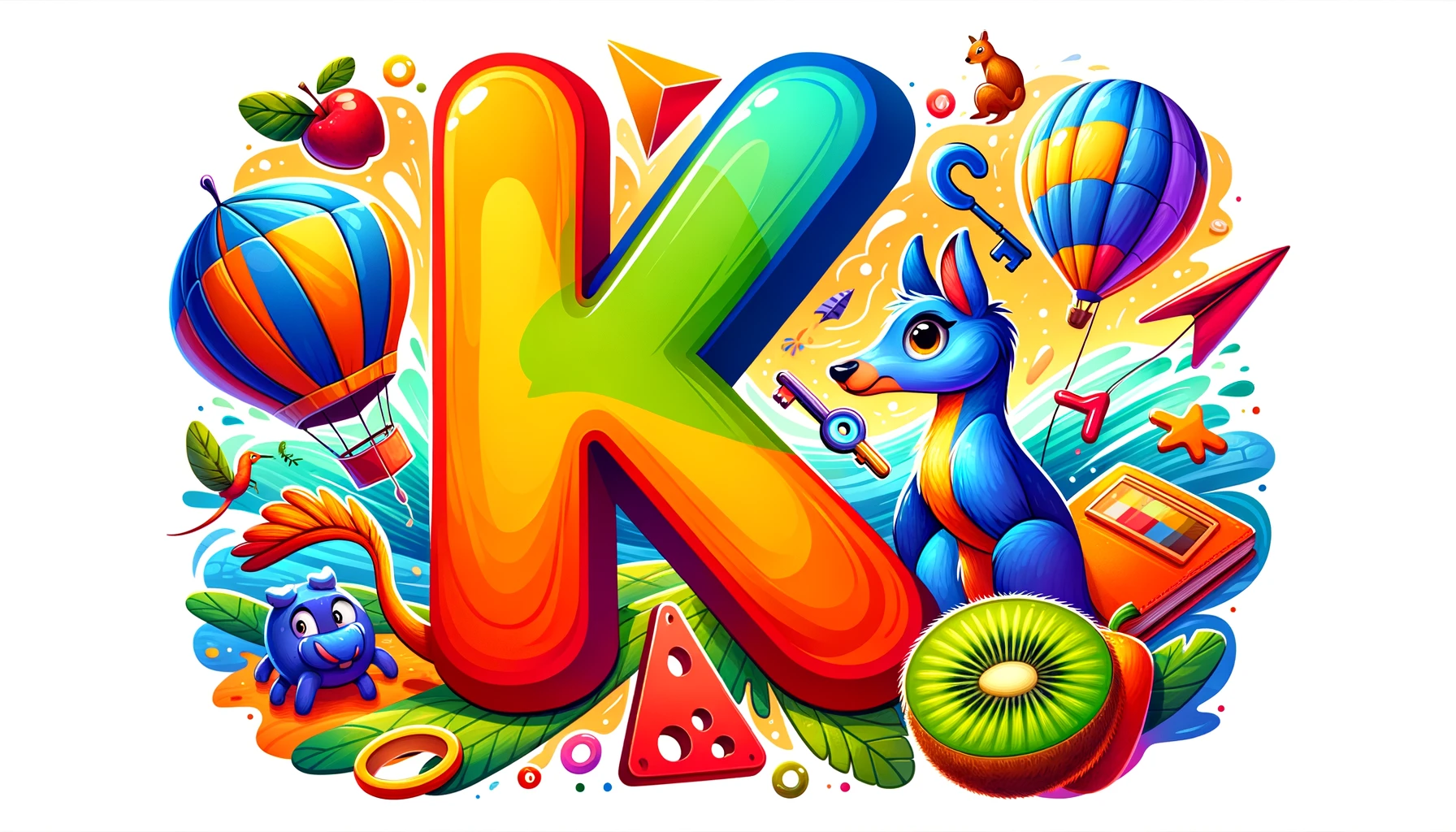X
The letter “X” is the twenty-fourth letter in the Latin alphabet, as used in English and many other languages. Here are some insights into its history and characteristics:
- First, Origins: “X” originated from the Phoenician alphabet, where it represented a sound similar to “ks.” The Greeks adopted it as the letter “chi.” In the Greek system, “X” had a value of 60 in their numerical system. The Etruscans and later the Romans, who influenced the modern Latin alphabet, adopted this form.
- Second, Capital and Lowercase Forms: Both the uppercase “X” and lowercase “x” have the same shape, consisting of two diagonal lines crossing each other in the middle. The appearance of “X” can vary in style across different typefaces.
- Third, Phonetic Usage: In English, “X” typically represents the sounds [ks] as in “box,” [gz] as in “exist,” or [z] in words like “xylophone.” It can have other pronunciations in different languages.
- Fourth, In Mathematics and Science: In mathematics, “x” is commonly used as a variable or an unknown quantity. In Cartesian coordinates, “x” usually represents the horizontal axis. In physics and chemistry, “X” can denote various things, from X-rays to a placeholder symbol for an unknown or variable element.
- Fifth, Cultural Significance: “X” often symbolizes mystery or the unknown, as in “X-factor” or “Generation X.” It is also commonly used in expressions like “X marks the spot.”
- Sixth, Typography: In typography, the design of “X” is significant, particularly in how the two diagonal lines intersect, which affects balance and readability in a typeface.
- Seventh, Digital Representation: In ASCII, the standard character encoding for electronic communication, the uppercase “X” is represented by the number 88, and the lowercase “x” by 120.
In conclusion, The letter “X,” with its symmetrical design and varied uses, is a distinctive and versatile character in the alphabet, used widely in different contexts across languages, sciences, and mathematics.

<ⓒ WizardMedics (wizardmedics.com)>







